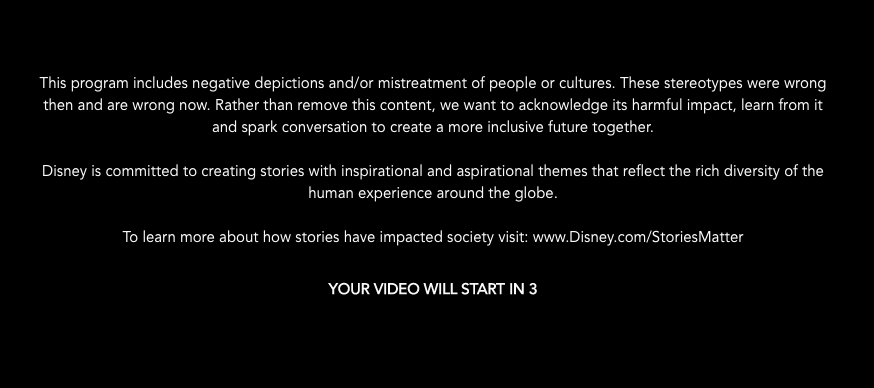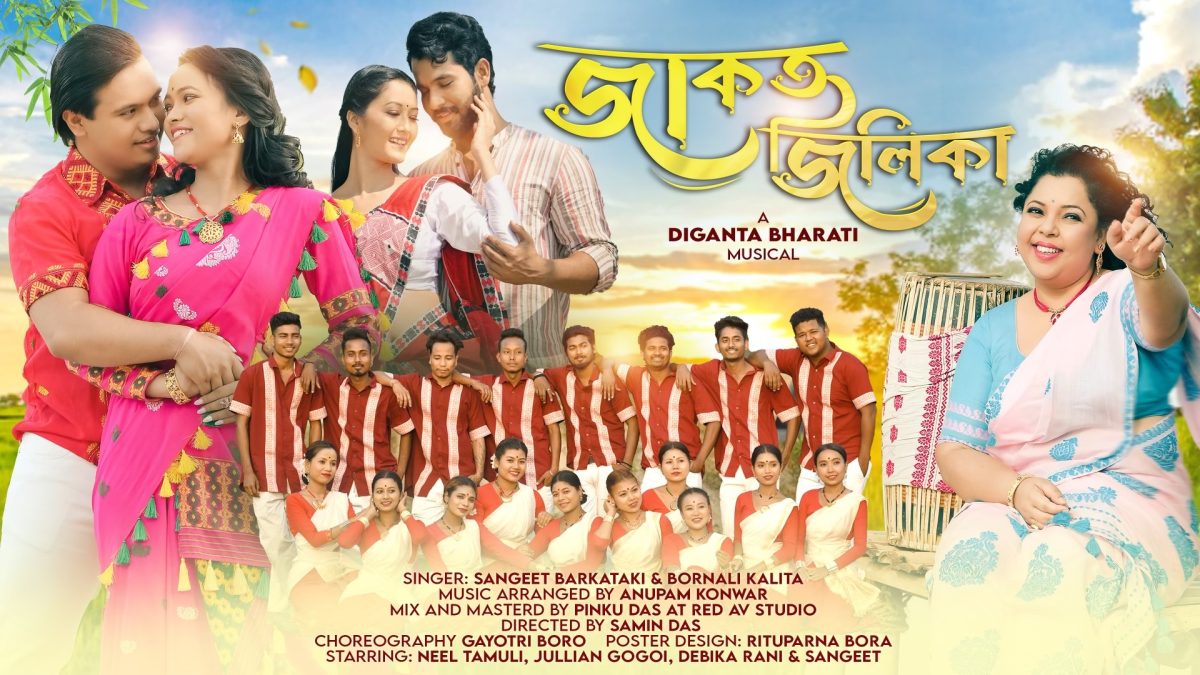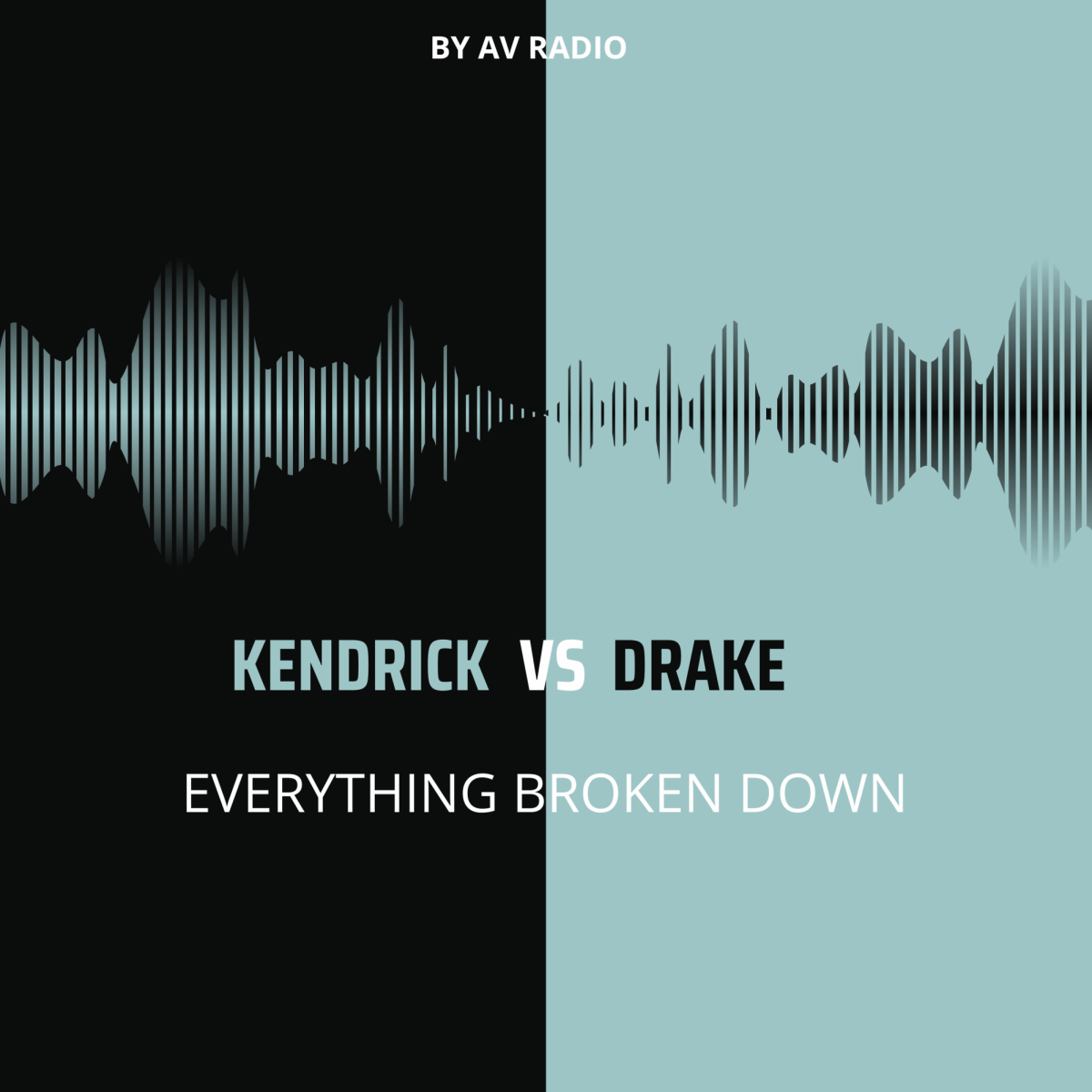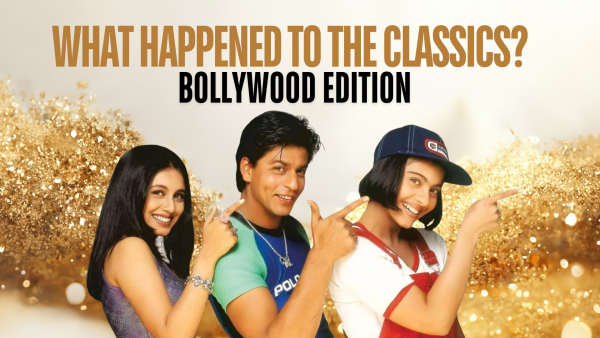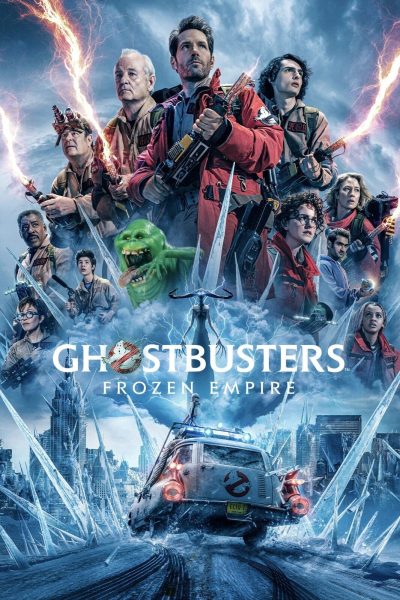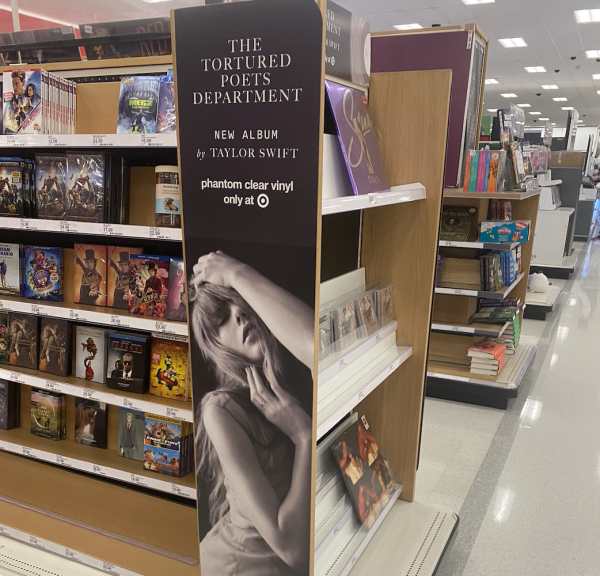Disney+ removes classic Disney films due to offensive content
Seen here is the disclaimer in the beginning of the films.
March 29, 2021
Disney+ is removing multiple animated classics from kids profiles due to racist depictions. Such films include ‘Dumbo,’ ‘The Aristocats,’ ‘Peter Pan,’ ‘The Lady and the Tramp,’ and ‘The Jungle Book.’
“I think Disney made the right decision by acknowledging the faults in these movies and proceeding to do something about it, rather than just standing by,” said Hannah Rohr (‘22).
This is the third cycle of precaution against controversial classics on the platform. The first was right at the beginning of its release.
“The company almost immediately took extra precautions by placing a warning in the description of films regarding any controversial or outdated scenes before watching some of Disney’s older content,” said Kelley Coffey from insidethemagic.net.
Only including a warning in the description of the film, however, was deemed as not being a bold enough statement. Disney added the feature of a message that was shown across the screen before the movie started, including disclaimers such as “Rather than remove this content, we want to acknowledge its harmful impact, learn from it and spark conversation to create a more inclusive future together.“
The reputation of these films has grown and changed with time, as since their release there have been multiple forms of civil rights movements and a general change in the American attitude towards discrimination and stereotyping.
“I do think it’s right to judge and condemn old pop culture by today’s standards when it includes negative stereotypes because it’s not beneficial to society to normalize racism, even if it’s in a small form or disguised as children’s entertainment,” said Rohr.
Older viewers have expressed disdain, wanting their children to experience the films they loved as a child, believing the controversy didn’t affect them the way younger generations expect it to.
“People may respond to certain films differently today than the original audience members had — and that is okay,” said Coffey.

